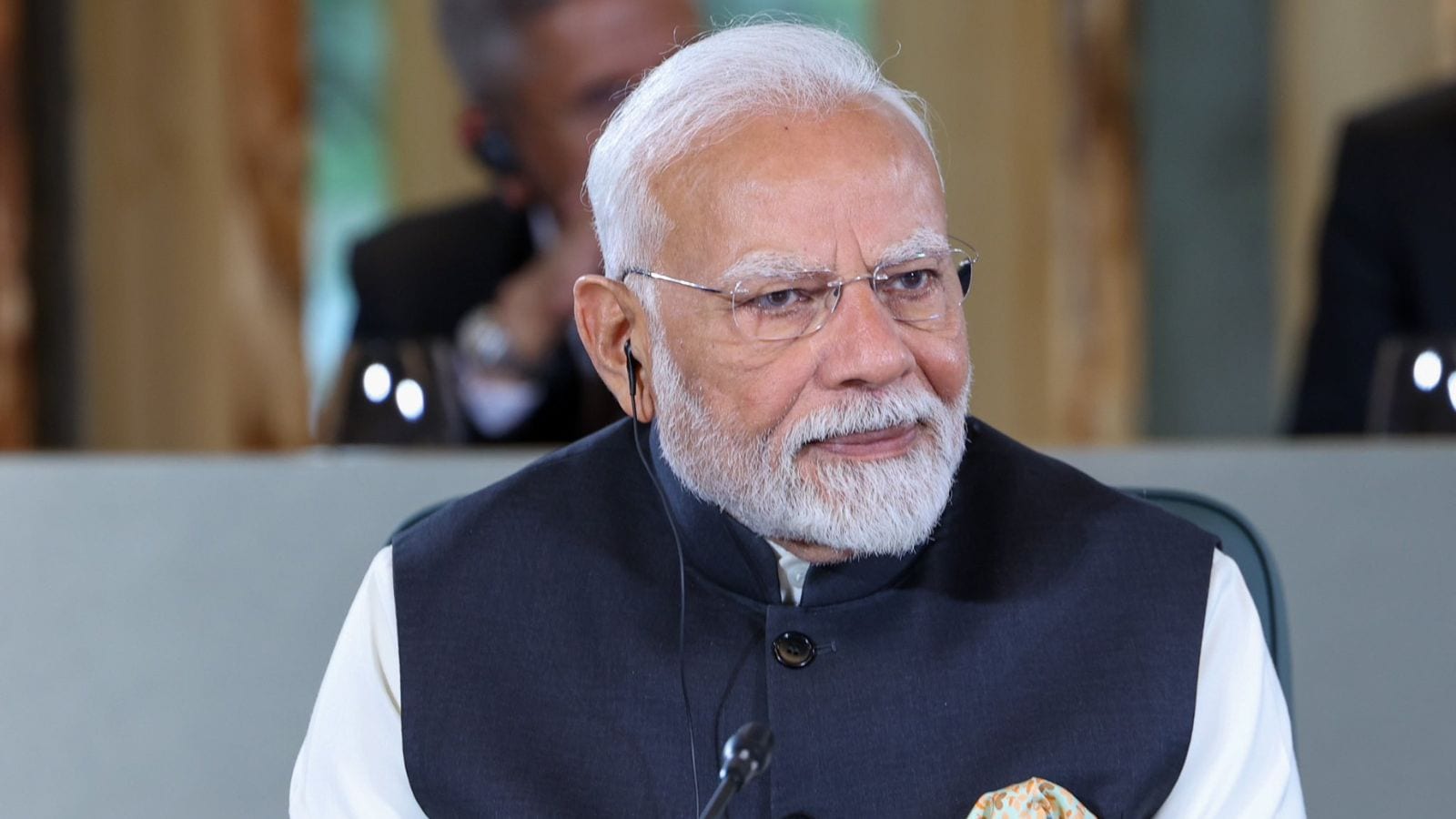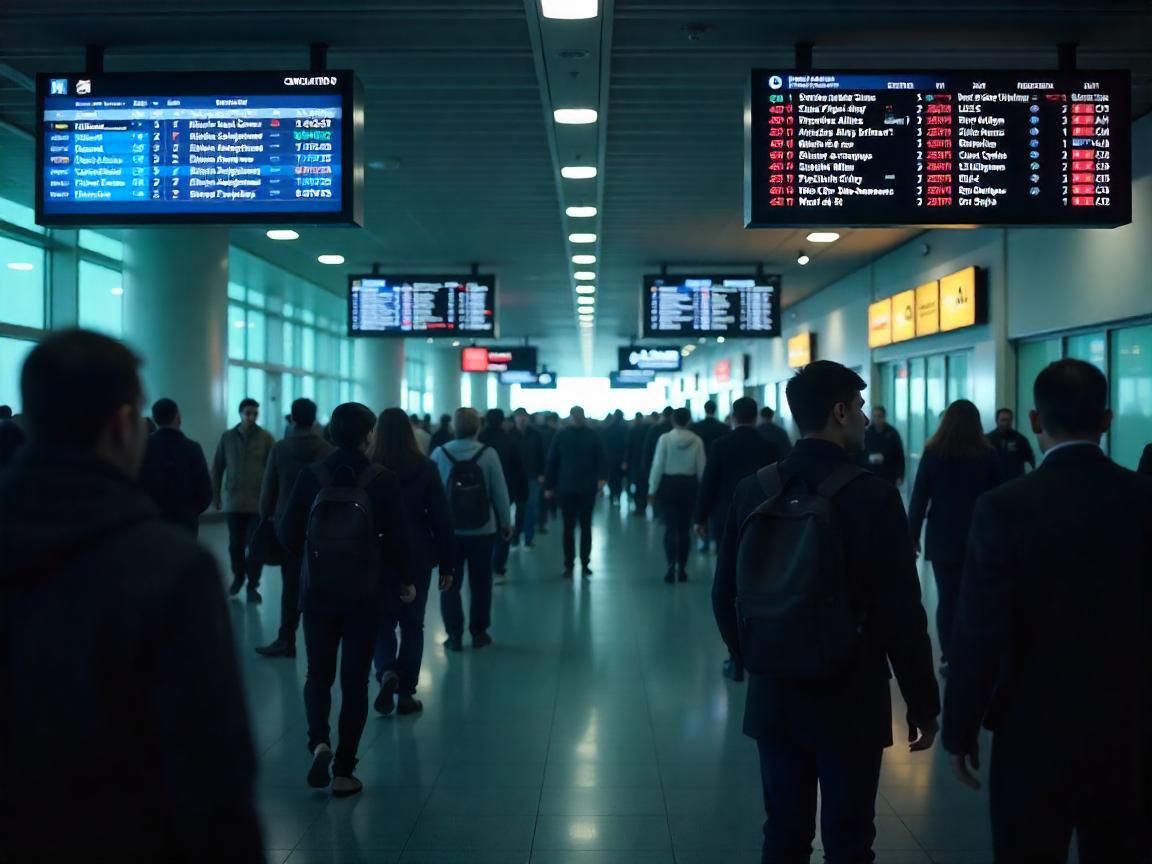The Headline
US strikes Iran; markets plunge, oil spikes
Key Facts
- US airstrikes targeted Iranian nuclear sites Fordow, Natanz, and Isfahan, escalating regional tensions and sparking fears of wider conflict.
- PM Modi called Iranian President Masoud Pezeshkian urging immediate de-escalation, dialogue, and diplomacy to restore regional peace and security.

- Iran warned of everlasting consequences and vowed retaliation, threatening a wider regional war in response to the US strikes.

- Israel closed its airspace until at least June 27 following retaliatory missile strikes, while major airlines including United, American, and Air Canada suspended flights over the conflict zone.

- Travel insurers saw a surge in claims due to trip cancellations, medical evacuations, and route changes amid the high-risk classification for Middle East travel.

- Experts noted that the Isfahan facility, holding nearly 60% of Iran's enriched uranium, was not fully destroyed, with damage limited to aboveground structures, raising doubts about the strikes' effectiveness.1
- Asia-Pacific markets plunged with oil prices spiking to $79.06 per barrel, while major indices and auto stocks in Japan and South Korea fell sharply.
Following the US strikes, Iran’s Foreign Minister Abbas Araghchi warned that the attacks “will have everlasting consequences” and vowed that Tehran “reserves all options” for retaliation.
The Indian Express
The global travel industry is facing one of its most volatile moments in recent history. The United States’ targeted airstrikes on Iranian nuclear facilities have triggered an urgent crisis, crippling Middle Eastern airspace and forcing global airlines to cancel, reroute, or suspend flights.
Travelandtourworld
Iran has spent decades building multi-tiered military capabilities at home and across the region that were at least partly aimed at deterring the United States from attacking it.
Pbs
The US entered into the Israel-Iran conflict, striking three key nuclear facilities at , Natanz and Isfahan in attacks that threaten to spiral into wider regional war.
Cnn
1
The US entered into the Israel-Iran conflict, striking three key nuclear facilities at , Natanz and Isfahan in attacks that threaten to spiral into wider regional war.
Aljazeera
Asia-Pacific markets plunged Monday, after the United States’ attack on three nuclear sites in Iran raised oil prices and investors’ fears of an escalation in the Middle East conflict.
Cnbc
Key Stats at a Glance
Oil price per barrel
$79.06
Oil price surge percentage
2.62%
Percentage of Iran's enriched uranium at Isfahan
60%


